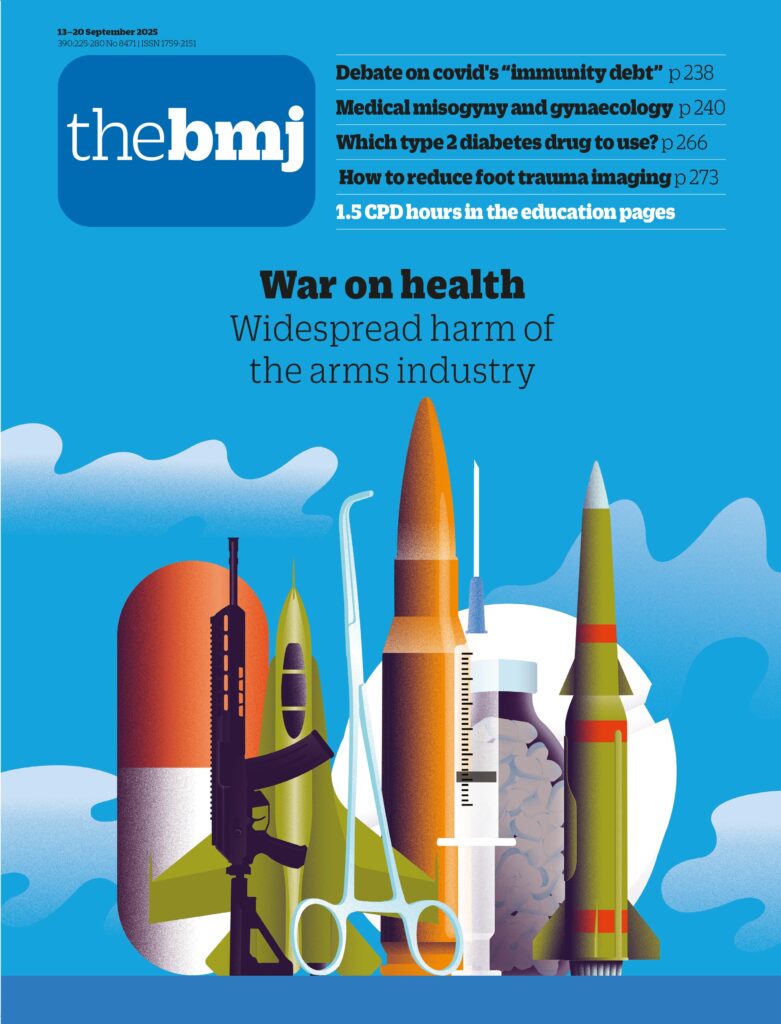- Becks Fisher, director of research and policy1
- 1Nuffield Trust, London W1G 7LP, UK
- becks.fisher{at}nuffieldtrust.org.uk
Problems with recruitment and retention of general practitioners (GPs) in England are longstanding. Some causes are well understood: unsustainable workloads, increasing demands from patients, insufficient time to do justice to the job, and high administrative burden are cited by GPs as reasons to leave general practice or reduce working hours.1 Poor methods for recording their working patterns mean that full time equivalent hours reported in national data likely underestimate GPs’ true working hours.2
A new study (doi:10.1136/bmj-2024-083978) by Pettigrew and colleagues—the first to link three national sources of GP workforce data—found that the proportion of qualified GPs working in NHS general practice is falling.3 A particularly stark finding was that one in three GPs with a licence to practise in England was not working in NHS general practice. The study further suggested that most newly qualified GPs were not entering the NHS GP workforce or left soon after joining, and that the number of patients per NHS GP had risen by 15% between 2015 and 2024.
Previous studies suggested that cutting back working hours helps GPs manage workload intensity, …

